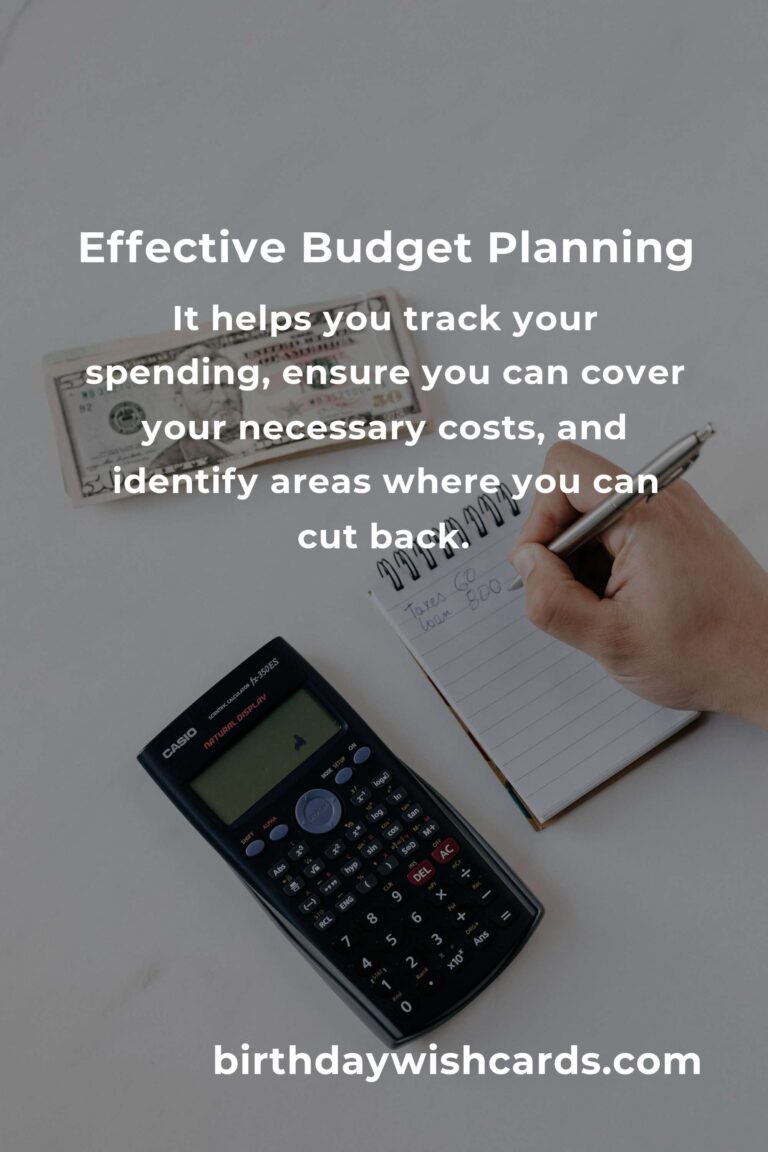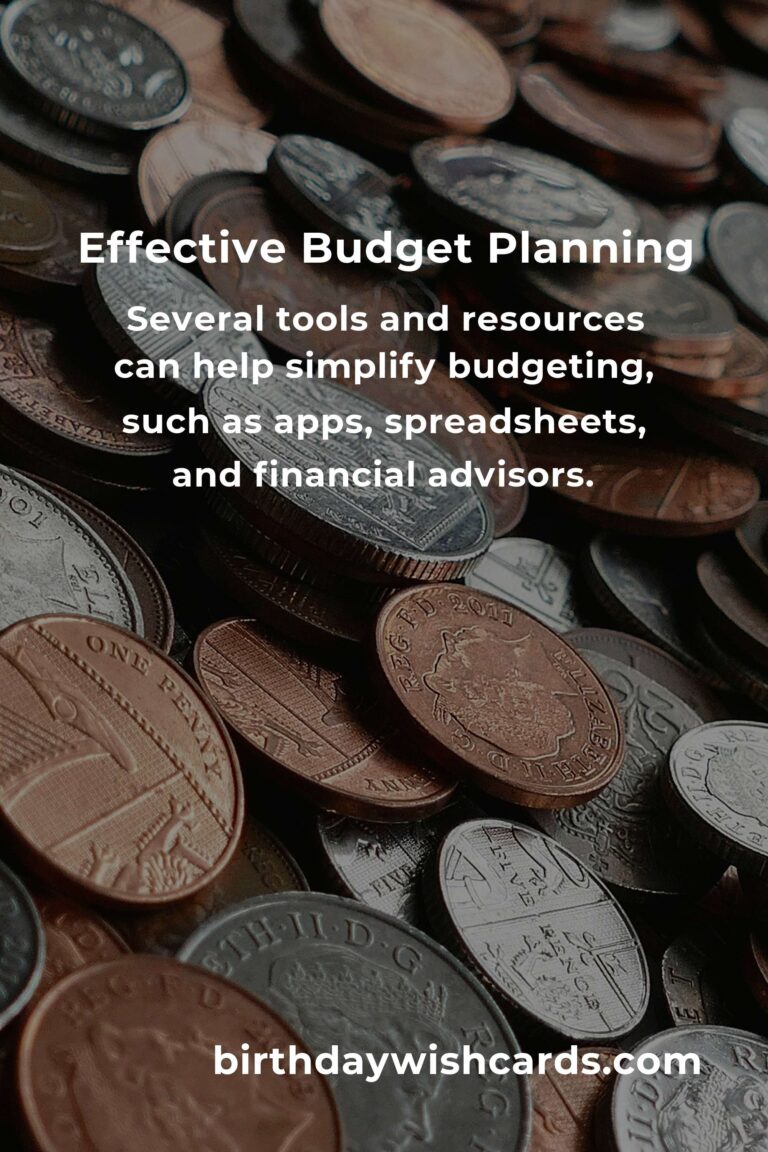
Budgeting is a crucial skill that everyone should master to achieve financial stability and reach their financial goals. Whether you’re looking to save money, pay off debt, or make smarter spending decisions, understanding the fundamentals of budgeting can significantly impact your financial well-being.
What is Budgeting?
Budgeting involves creating a plan for how you will allocate your income towards expenses, savings, and debt repayment. It helps you track your spending, ensure you can cover your necessary costs, and identify areas where you can cut back to save more money.
Why Budgeting is Important
Budgeting is essential because it provides a clear picture of your financial health and helps you make informed decisions. By creating a budget, you can:
-
Track your spending habits and identify areas for improvement.
-
Ensure you have enough money to cover essential expenses.
-
Plan for future financial goals, such as buying a home or retiring.
-
Avoid unnecessary debt by living within your means.
Steps to Create a Successful Budget
Creating a budget can be simple by following these steps:
1. Calculate Your Income
Begin by calculating your total monthly income, including your salary, any side hustles, or passive income sources.
2. List Your Expenses
Make a comprehensive list of your monthly expenses. This should include fixed expenses like rent or mortgage, utilities, and variable expenses such as groceries and entertainment.
3. Set Financial Goals
Determine what you want to achieve financially. Whether it’s saving for an emergency fund, a vacation, or retirement, having clear goals will guide your budgeting process.
4. Allocate Funds
Allocate your income to various expenses, ensuring you prioritize necessities and savings. A popular method is the 50/30/20 rule: 50% for needs, 30% for wants, and 20% for savings or debt repayment.
5. Track and Adjust
Regularly track your spending to ensure you are staying within your budget. Adjust your budget as needed based on changes in income or expenses.
Common Budgeting Mistakes to Avoid
Even with the best intentions, budgeting can go awry. Avoid these common mistakes:
-
Not accounting for irregular expenses, such as car maintenance or medical bills.
-
Underestimating your expenses, leading to overspending.
-
Failing to track your spending habits regularly.
-
Not having an emergency fund for unforeseen expenses.
Tools and Resources for Budgeting
Several tools and resources can help simplify budgeting:
-
Budgeting apps like Mint, YNAB (You Need A Budget), and PocketGuard.
-
Spreadsheets for creating custom budgets.
-
Financial advisors for personalized budgeting advice.
Conclusion
Budgeting is an empowering financial skill that can lead to greater financial stability and peace of mind. By understanding the principles of budgeting and actively managing your finances, you can take control of your financial future and achieve your goals.
Budgeting is a crucial skill that everyone should master to achieve financial stability. Budgeting involves creating a plan for how you will allocate your income towards expenses, savings, and debt repayment. It helps you track your spending, ensure you can cover your necessary costs, and identify areas where you can cut back. Budgeting is essential because it provides a clear picture of your financial health and helps you make informed decisions. Creating a budget can be simple by following steps like calculating your income, listing your expenses, and setting financial goals. Avoid common budgeting mistakes like not accounting for irregular expenses and failing to track your spending habits regularly. Several tools and resources can help simplify budgeting, such as apps, spreadsheets, and financial advisors.
#Budgeting #FinancialPlanning #PersonalFinance #MoneyManagement #Savings













